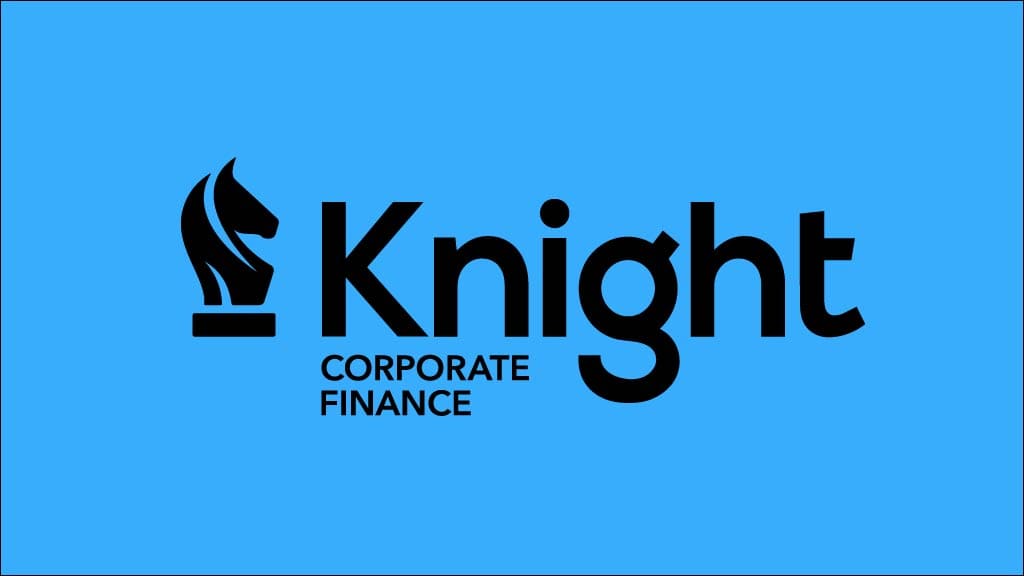
Selling your business is a big undertaking and the decision to start a process cannot be taken lightly.
It’s not as simple as identifying a buyer, negotiating the best price and then handing things over to the legal experts to finish things up.
The sales process is time-consuming, complex, resource-intensive and at times extremely stressful over a period of up to nine months. For the majority of business owners, it’s a genuine life-changing event, but one that can present many risks and unknowns. That’s why getting the right advice at the right time is really important.
A game of two halves
The sales process falls into two main parts: marketing and execution. Marketing is about attracting the right buyer and the right terms (not just price) for the business. Even if you have a buyer in mind when you introduce competition, you can expect a final offer price to be higher than initial bids. Execution is about establishing trust, completing due diligence and the legal process of the sale.
Even if you have plenty of business experience it’s a process that isn’t always straightforward. A corporate finance adviser can help you navigate the sale from preparation to completion – and beyond.
If your business is ready to be sold and you are considering using a corporate finance adviser, here’s what to expect from the process:
Stage one – Vendor Assist
Before getting started with marketing and execution, it’s a good idea to do a dry run of the due diligence process on the business. It’s not a legal requirement but does mean you can market your business confident you won’t encounter any problems later in the sale. At the end of this part of the process, a corporate finance adviser will produce a report for directors and shareholders that lists any issues that need to be resolved before starting a transaction, highlights any potential risks and validates the valuation.
Stage two – Preparation
Before marketing, you need to prepare for the transaction by creating an information memorandum (IM), a list of potential buyers and preparation of more detailed information for due diligence in the later stages.
The IM is a sales document that should contain everything a buyer will need to make an informed written offer – but no sensitive business information such as customer names etc. Usually, a process letter accompanies the IM that outlines offer terms and a submission deadline.
Stage three – Marketing
Now is the time to agree a list of parties to approach based on investment criteria and fit with the business, customers and product set. After initial approaches, all buyers should sign an NDA before the IM is shared to ensure confidentiality. Most buyers will have supplementary questions that a corporate finance adviser can help you navigate. In a competitive process, buyers will respond with a compelling proposition and it is common for sellers to take around five promising offers to the next stage.
Stage four – Negotiation
It can take around 10 weeks to reach this stage and it’s at this point when potential buyers are introduced to the seller. It’s a chance for both parties to engage in person, to build trust and to see if business and buyer are a good fit. It’s the role of a corporate finance adviser to help negotiate the deal, remove uncertainty and guide buyers towards a price that matches client expectations.
When the seller has chosen their preferred party, a detailed ‘Heads of Terms’ is created which sets out the details of the transaction and is used as a set of instructions by the legal advisers to drafting the main sale and purchase agreement.
A seller will usually request exclusivity for a period of time to complete the next stage to give them confidence that the seller intends to complete the deal with them.
Stage five – Heads of Terms to completion
Executing the deal on the agreed Heads of Terms is the most intensive part of the process. In general, it starts with due diligence on all aspects of the business including financial, tax, legal, operational, commercial and technical aspects. In any deal, a seller will receive an information request on each aspect of due diligence comprising hundreds of questions and involving several advisers, each with several people on the team.
Alongside this, the legal process involves drafting the main agreement alongside many ancillary documents. Having an experienced commercial M&A lawyer is critical – they know the right battles to fight to ensure the timeline is met.
This final stage of the process can take up to four months to be completed, but should be less if a business has been prepared well.
Getting the process right
A business sale is one of the most significant financial transactions you are likely to make. It can be complex, involved and challenging. A corporate finance adviser can take the strain, ensure the process is as seamless as possible and give you confidence that the best outcome will be achieved.
Would you like to make your ambitions real?

